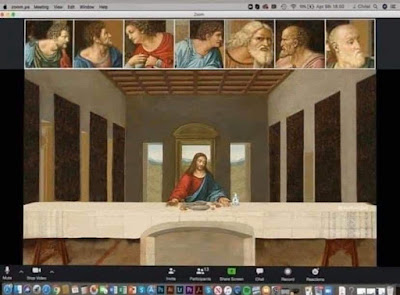A future in heritage?
This post is a little different, looking not at one exhibition or venue, but at working in museums. Specifically, this piece is about graduate anxiety, generational anxiety, working-in-the-arts anxiety, financial anxiety, who-even-am-I anxiety…sensing a theme?
In an effort to alleviate some of these things swilling around my brain, I took a leap and went to a conference designed for emerging museum professionals, called Moving On Up and run by the Museums Association. It was, in many ways, completely wonderful: a beautiful venue in the form of the Maritime Museum, Liverpool; the surprise of bumping into a girl from my MA course and getting to know her outside the constrained environment of a seminar where everybody is too sweaty and close together and awkward. The topics were interesting, but I was overwhelmed by the number of people in the room. There were maybe seventy of us, but I could not stop thinking – there aren’t enough jobs for everyone here, let alone the hundreds more who haven’t spent the money on the ticket and the train and maybe the AirBnb and the meal deals and dinner and drinks… It’s a bit daunting, to say the least. Despite this, it felt hopeful, a place where we were all on the same page that decolonising is good (more on that in my last post); that democratising the heritage industry is good; and that the museum is not just a boring, static place for old folk to indulge their niche enthusiasm, but a place of activism. In that space, where people from across the sector and with a huge range of experience were all happy to talk, we were a little insulated from the reality of the future. When we talked about CV tips and writing applications, selling all the skills we had learnt from years of unpaid work, it felt for a moment as though we had found the key to surviving in a system where there are hundreds upon hundreds of applicants for even the most mediocre, underpaid jobs. When I applied for my current job as a visitor assistant, my first ever paid role in museums, there were nearly 300 applications. For 5 places. For a job that is part-time, casual, and not paid at the living wage anyway. We were all there, in the end, to be told the magic password to be let in, to ‘game’ the system somehow.
The truth is that there is no password. This isn’t news but the password idea is still something that, perhaps in the arts more than any other sector, we all cling to because it creates an illusion that simple luck and rejection will not be a major part of our lives for years to come. So there is a real power in standing in a room full of mostly young women who all, despite this innate knowledge, want to be working in heritage because of the other rewards it brings.
Quite regularly, even constantly now, I am on the lookout for ways to make myself more employable, more knowledgeable, to have more contacts and more chances to get That Job. It’s part of the graduate anxiety, of course. I know this is far from unique to heritage or the arts more widely – but it feels like a sizeable burden that people with regular old routes in, like grad schemes, placement years, internships, people with integrated MSc’s in engineering, don’t have on the same scale. The blessing and the curse of this period of my life is the freedom to choose what step I will take next, which role will provide me with the ideal skills to unlock the magic collections role.
I wanted part of this post to be practical, too: I know very little about which roles make me employable in the arts, or museums more specifically, but I know what my CV looks like. And it is busy, and messy, lacking a straight narrative of one job after another. Most of it is volunteering:
- an archiving role one day a week when I was 16, which taught me mainly that storage facilities are usually strange temperatures, contain asbestos, and a lot of unarchived crap.
- a whole array of one-off roles at Museums Sheffield, the most supportive organisation, which gave me object handling and visitor engagement experience beyond anything I could have got at uni.
- a long list of theatre projects that have mainly given me patience, piles of notebooks and a belief that most things can be done on a few hundred quid.
There is no password, only the certainty that getting as much as experience as you can is vital. Of course, it shouldn’t be unaffordable to get that experience unless you work overtime, as a student or in another job, for years. But sadly that is, for now, the industry we face. If we believe in the activism of working in museums, part of that activism has to be pushing for better and more ways in, something we can only do from the inside. Fingers crossed, all the different types of anxiety, the searching for opportunities on Twitter and the one-off freelance gigs will be worth it.




Comments
Post a Comment